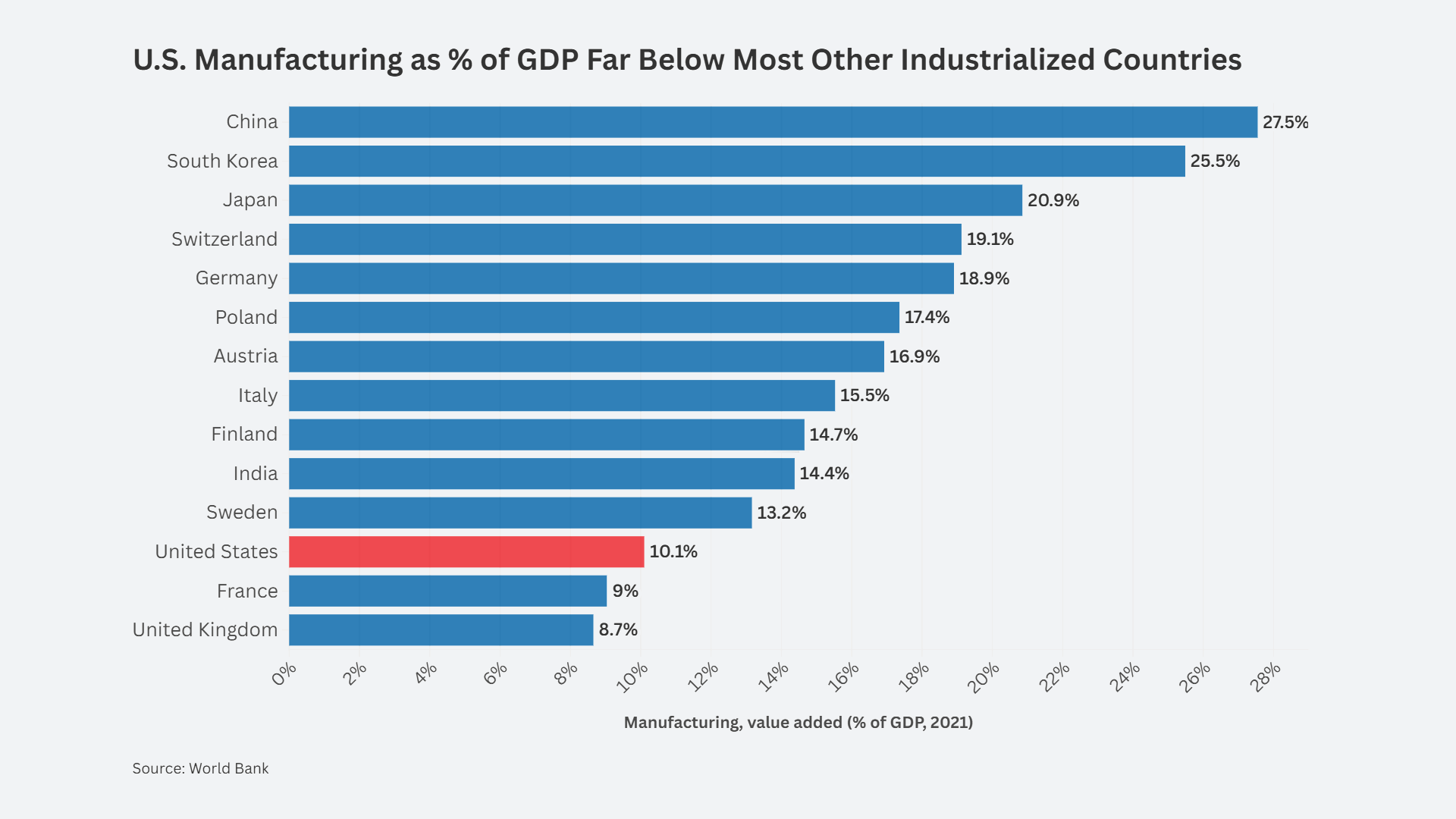CPA sent the following letter to Trade Ambassador Robert Lighthizer supporting efforts to reform the WTO because it has not helped farm and ranch income. WTO rules also wrongly prevent the US from creating an effective agro-industrial strategy for rural America.
Dear Ambassador Lighthizer,
We appreciate the efforts put forth by you and President Trump to reset domestic strategy on trade agreements and global institutions that have, for too long, gone unquestioned and unchallenged. The argument that more trade, and more trade agreements, are always good has now become lazy thinking, divorced from the core issues of jobs, broadly shared prosperity, and the national interest.
Last month, you received a letter from a collection of agribusiness groups in support of the World Trade Organization because it has, in their view, been good for U.S. agriculture(1). It has not. Farmers and ranchers care about net income, price, and survival. On those counts, the WTO has failed.
Superficially persuasive recitations of global trade volumes, export dependency, and “rules-based trade” have surprisingly little to do with whether America’s farm economy is economically healthy. Even as global trade in agricultural goods has increased, net imports in many ag commodities has worsened, hurting producers of cattle, produce, and seafood. We do not produce enough of those products to match our national consumption.
Since the 1970s, corn, wheat and soybean farmers have been told they could export their way to prosperity. Unfortunately, farm gate price and farm income trends bear little relationship to that false optimism.
Instead, each year, the farm share of the consumer dollar continues to decline. At the same time, the downstream agribusiness and retail share of the consumer dollar continues to increase.
The USDA noted in a recent Economic Research Service report(2): “Median farm income earned by farm households was negative each year from 1996 to 2018.” Farm households only showed positive income due to off-farm income. Farm income has been negative because crop prices have been depressed—in spite of increased world trade.
Large agribusinesses engage in cross-border trade in order to buy cheaply from producers anywhere in the world while selling for as great a profit as they can manage. Theirs are not the same set of interests as US farmers and ranchers who sell locally and regionally.
In our view, the national agricultural policy focus on international trade and exports has caused a benign neglect of a broader national strategy to bolster the productive agricultural sector. The WTO values low tariffs, Geneva-based oversight of national policy, and neoliberal efficiency. It does not value the economic success of America’s farmers and ranchers.
Our organization favors the development of a national agro-industrial strategy to provide prosperity to America’s agricultural producers and the rural communities that depend upon them. Such a strategy would consider policy tools that are broader than, and often conflict with, WTO requirements. Agriculture is consistently the target of foreign retaliation when the US government wages crucial trade battles to advance our manufacturing sector. Farmers and ranchers should be insulated from that retaliation so the federal government is freer to do what it needs to do for the broader economy.
In a world of glut, rather than scarcity, it may be that imports must be restrained at times, especially if they benefit from foreign subsidies or cause domestic agricultural harm. Enlightened policymakers may conclude that it is in the national interest for financial incentives to modify production quantities or types. Or that we develop the infrastructure to add more value to raw commodities in the US rather than pursue a commodity economy model. Or that we provide floor prices as a policy correction to dysfunctional oligopsonistic markets.
Any meaningful domestic agro-industrial program would be overruled by the WTO’s neoliberal view of global commerce, just as the relatively mild country-of-origin labeling law was struck down several years ago. The “rules-based trade” argument we hear too often is, at best, outdated. At worst, it is a set of shackles that restrain our sovereignty and drive increased income inequality between rural and urban America.
There are times in history when legacy institutions that were established in a prior era must be significantly reformed or even dismantled. We support your reform efforts to push back against Geneva based decision making that prevents Washington from acting in our national interest.
We stand ready to help make the leap to a new policy framework that is more closely tied to the economic health of agricultural producers and rural communities in the United States.
Sincerely,
Daniel DiMicco, Chairman
Michael Stumo, CEO
_________________________________________________________________________________
(1) Open letter submitted to Amb. Lighthizer on September 23, 2020, by sixty two agricultural groups, available at https://corn.org/wp-content/uploads/2020/09/WTO-letter_ag- coaltiion_Final_200923.pdf
(2) “Highlights from the September 2020 Farm Income Forecast,” USDA-ERS, September 2, 2020, available at https://www.ers.usda.gov/topics/farm-economy/farm-sector-income-finances/highlights-from-the-farm-income- forecast/.














